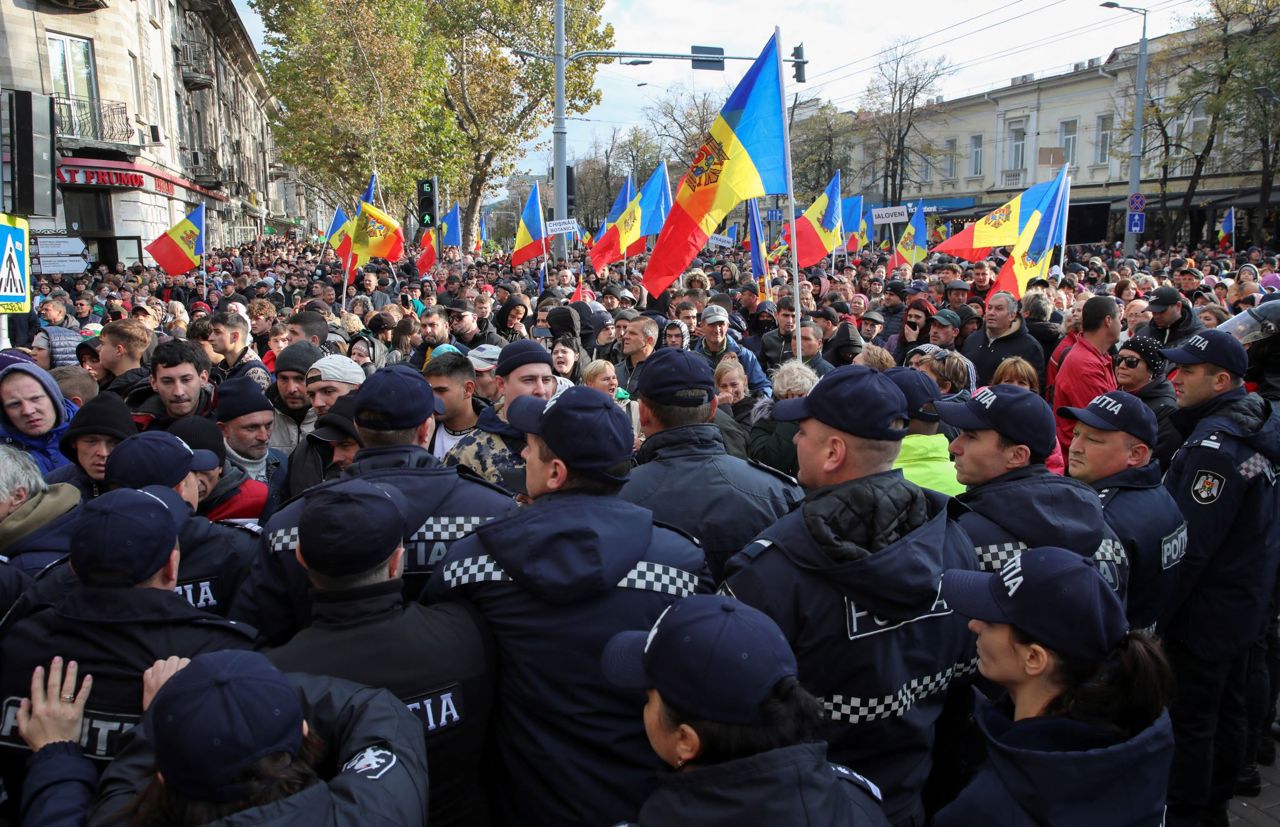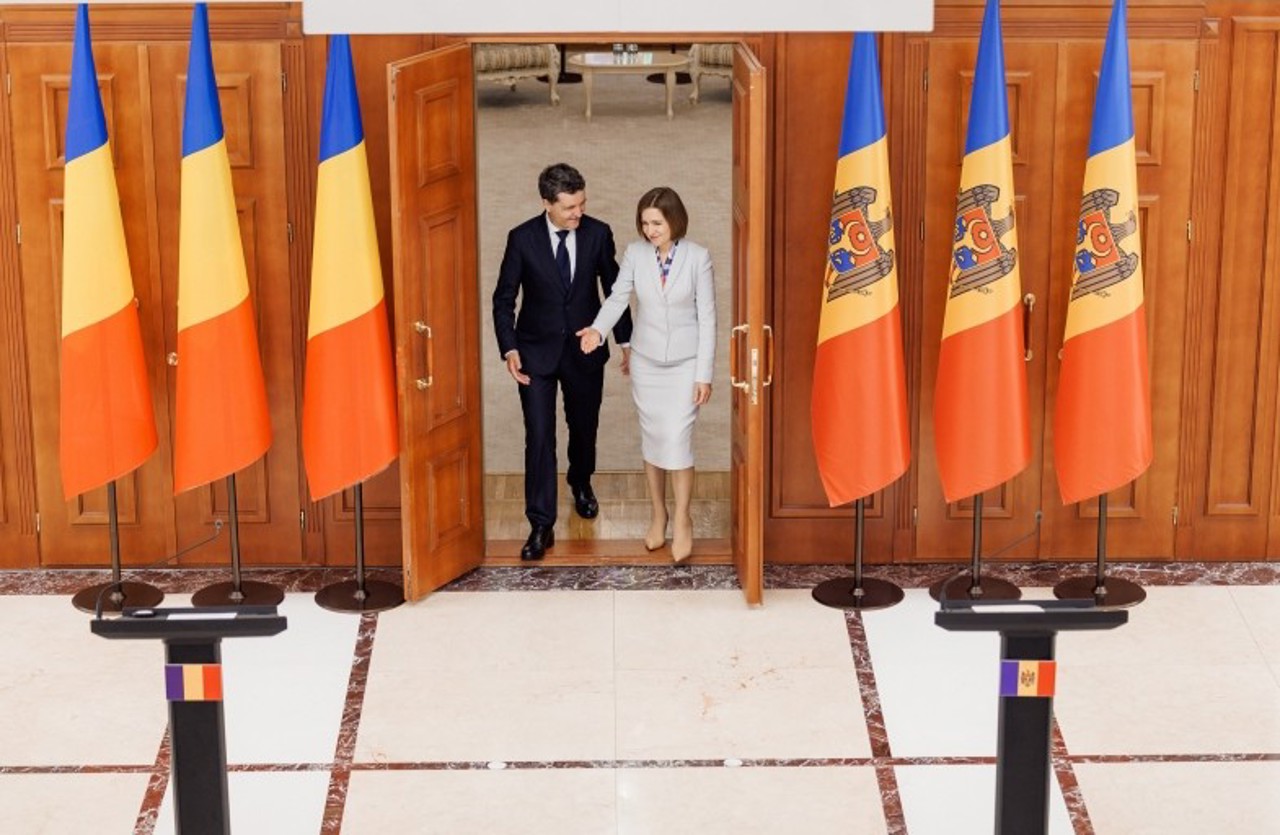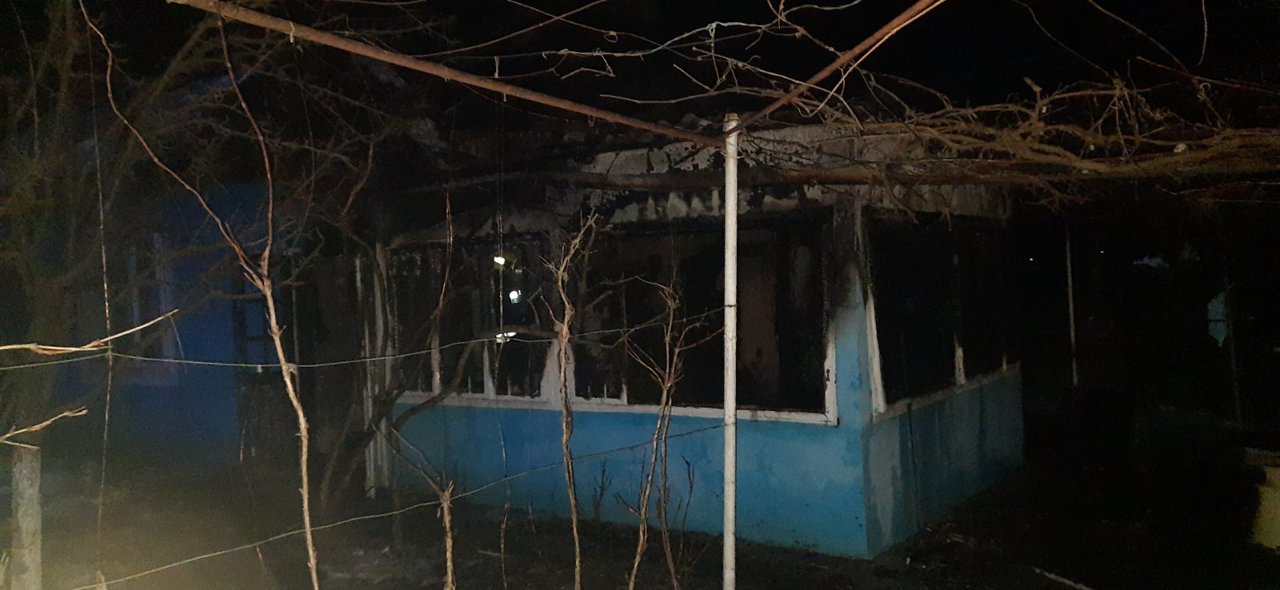Public events threatening national security and public order may be banned

Public events that promote calls for military aggression, undermine national security or defame the country could be banned by law. The provisions are contained in a draft law worked out by the Ministry of Internal Affairs, which is subject to public consultations.
The document aims to strictly regulate the organization and conduct of cultural, artistic, sports, religious, entertainment and commercial activities – areas that, until now, were not covered by the legislation on public gatherings. Thus, events that incite military aggression or violence on grounds of prejudice; promote discrimination, racism, totalitarian ideologies or extremist symbols; call for undermining the national security or territorial integrity of the Republic of Moldova; incite the commission of crimes, the disturbance of public order; defame the state or the nation will be prohibited.
The authorities emphasize that the draft law was developed in the context in which the current legal framework is outdated and uneven. Among the main shortcomings are the lack of a clear classification of types of events, uneven authorization procedures, the absence of safety standards and inconsistency with EU practices.
According to the draft, public events shall be organized in public or private spaces, but only with prior notification to local authorities, at least 10 days before the event. Based on this notification, the General Inspectorate of Carabinieri will assess the risk level of the event, and depending on the result, additional security measures may be imposed.
If there is evidence that an event would violate the provisions of the law, the local authority may request in court to prohibit its holding. The court shall issue a decision within three days at most.
The court may adopt one of the following decisions regarding: maintaining the right to hold the public event, or prohibiting the holding of the public event.
The organizer, the representative of the local public administration authority or the representative of the law enforcement agencies subordinate to the Ministry of Internal Affairs are entitled to challenge, within 3 days at most from the date of the ruling, the court's decision.
Once adopted, the law will give expanded powers to local authorities and law enforcement agencies to monitor and classify the risks associated with each event. Organisers and participants who do not comply with the provisions risk minor or criminal sanctions.
According to the authorities, the new regulatory framework will contribute to preventing incidents and creating a safer climate for all participants in public events.





